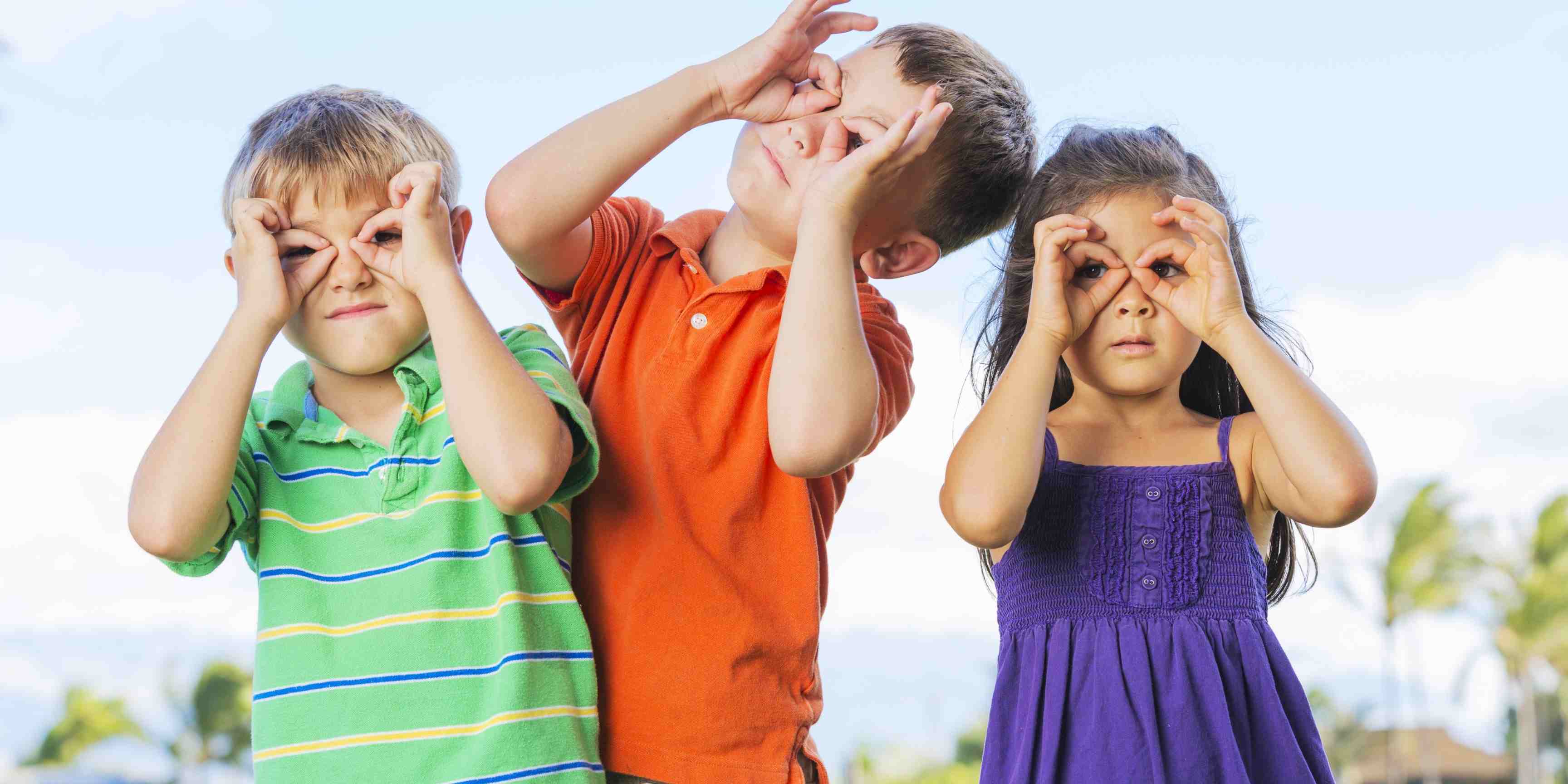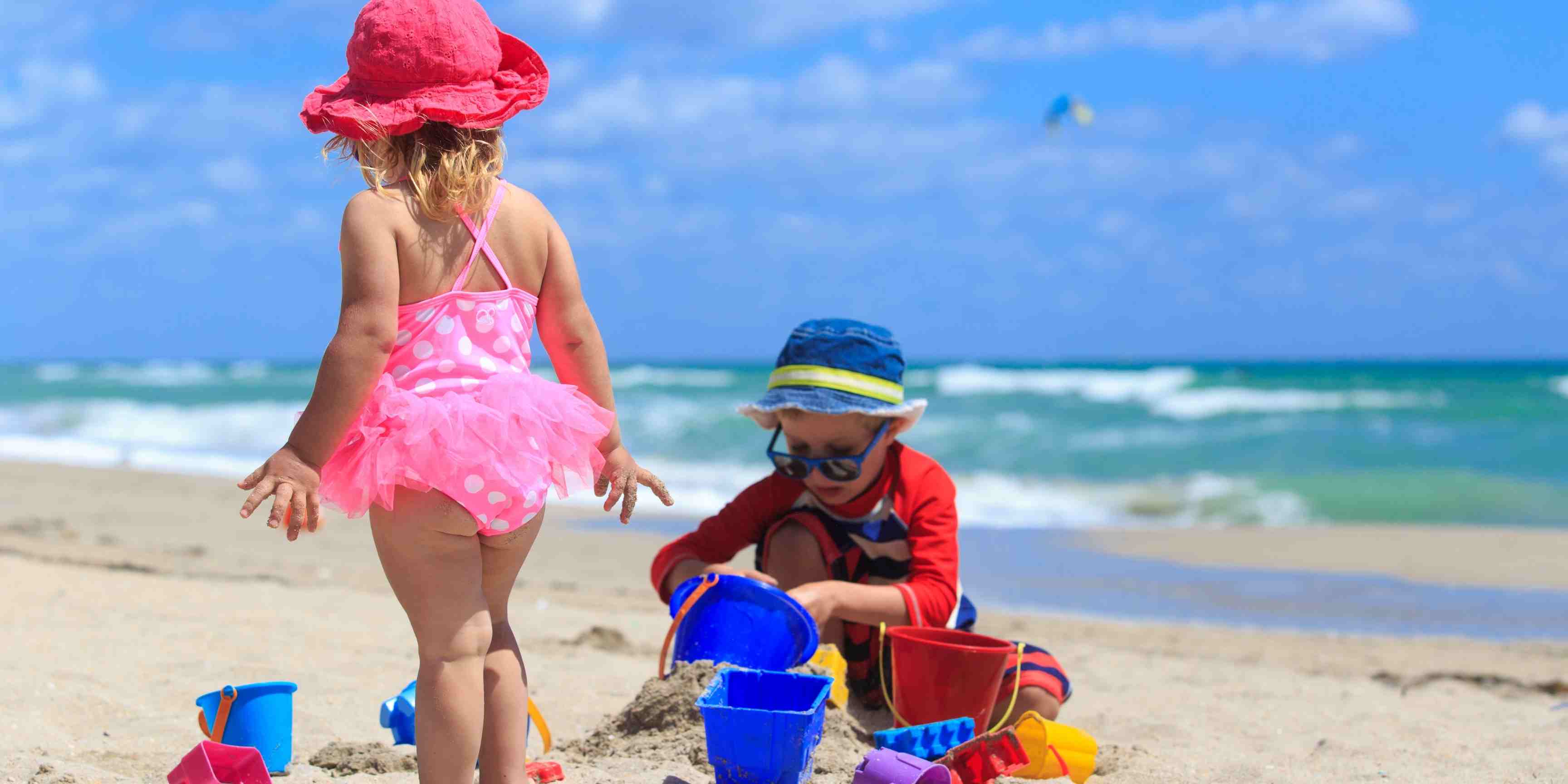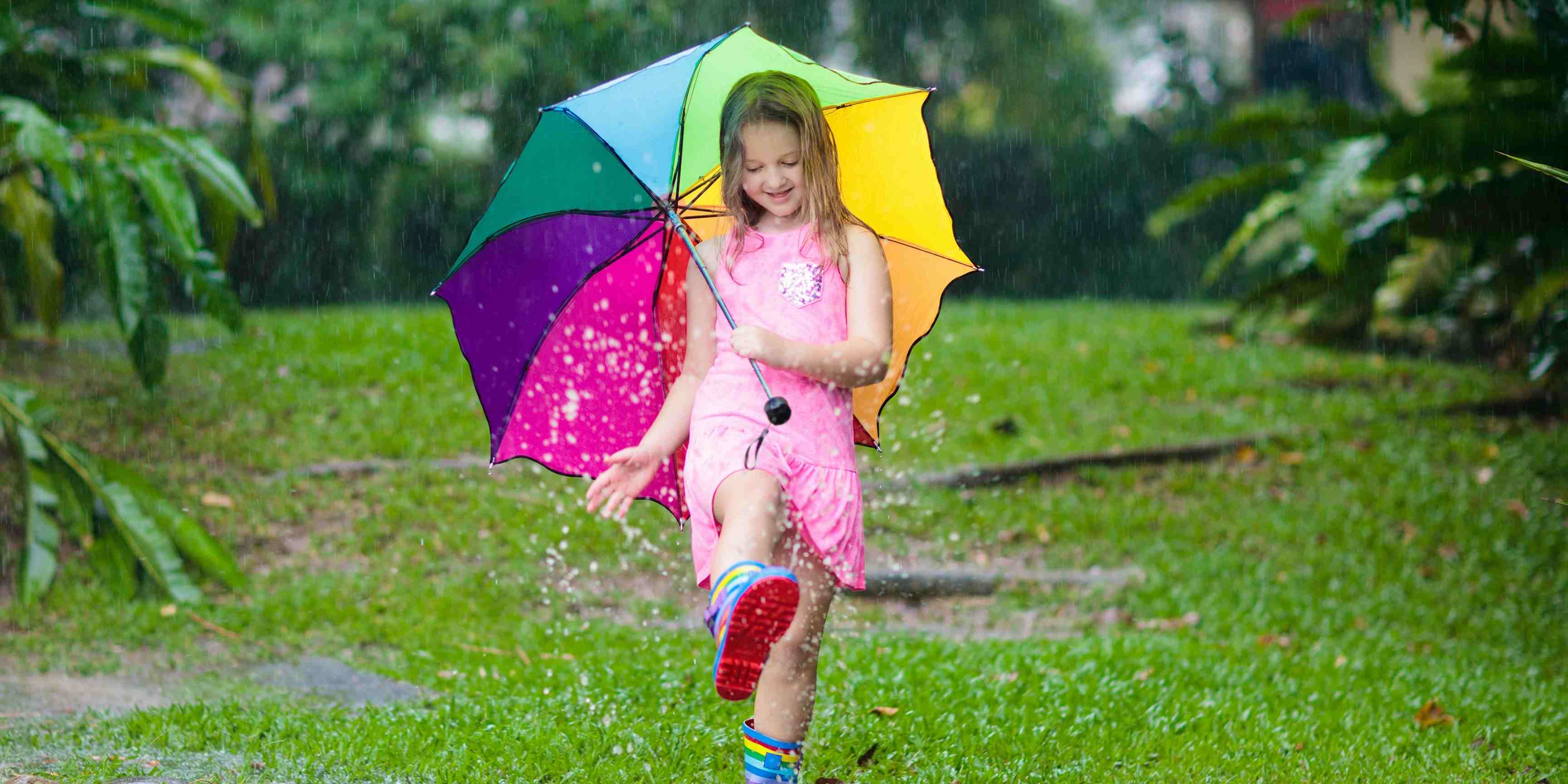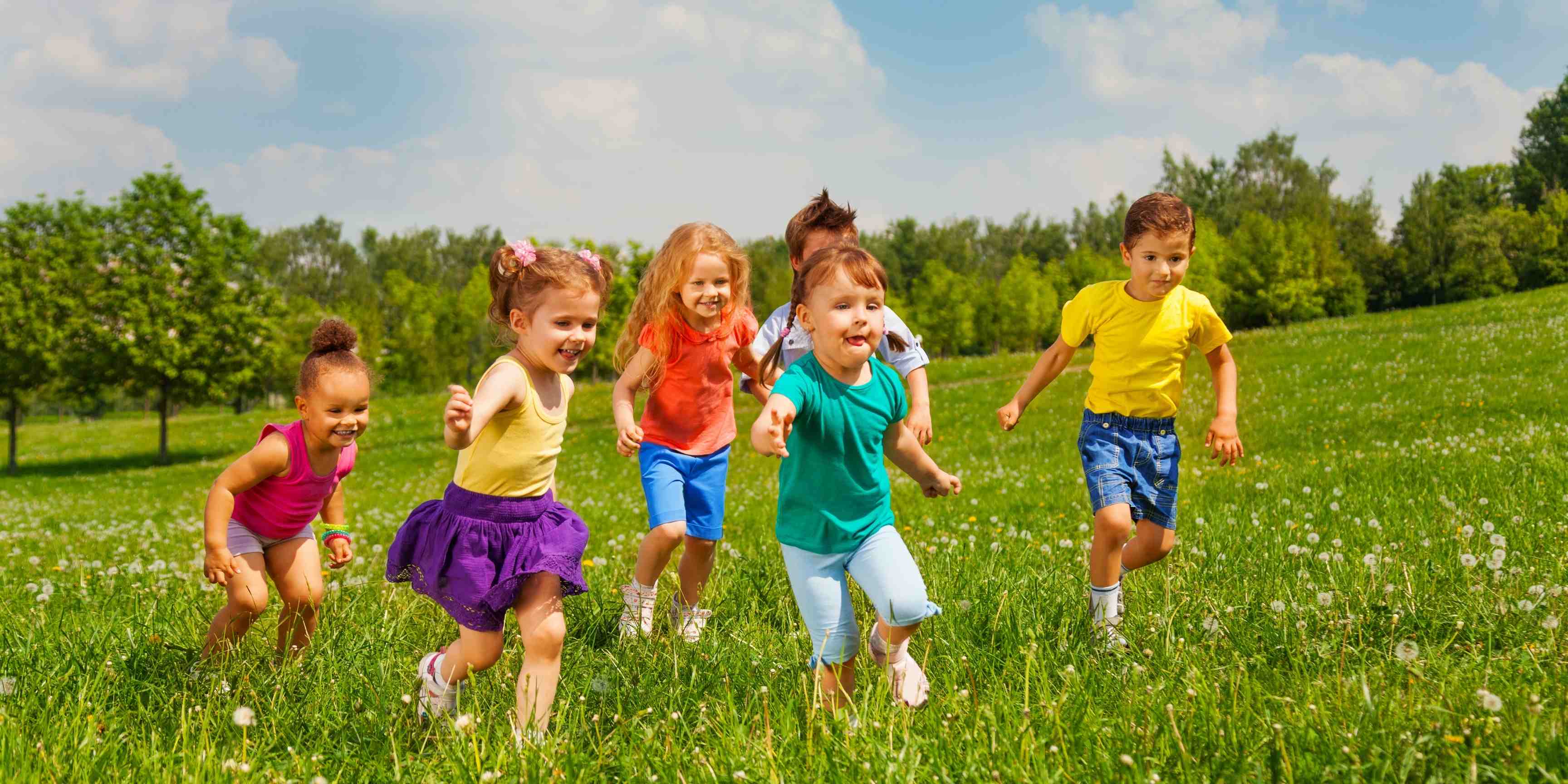This post may contain affiliate links. We may earn money from products we link to in this post.
When we think of education, our minds automatically conjure up pictures of classrooms, desks, and textbooks.
After all, school is the pinnacle of learning and an institution that most of us send our children to in order for them to acquire necessary skills. However, schools are a relatively new phenomena.
Children in hunter-gatherer societies developed the skills they needed to survive and prosper by playing and exploring on their own over hundreds of thousands of years.
It wasn’t until a few hundred years ago that schooling in the modern sense was developed and eventually regulated.
Children’s skills for navigating society today may be more complex than when they tumbled around in caves, but their brains haven’t altered all that much.
When children play freely and energetically outside, such as climbing trees, digging holes, and jumping in puddles, they develop core strength and neural pathways in their brains that aid in learning.
Children learn best when they move, and the outdoors is the ideal place for them to do it, according to research.
I’ve outlined four characteristics that can be developed through free outdoor play. These characteristics will help prepare your children for success in academics, business, and life in general before they even enter a classroom!
Gives Kids Ability To Focus
Researchers aren’t sure why, but being in nature has been shown to be relaxing and therapeutic.
In general, a calm mind functions more efficiently and effectively than an anxious one.
A Norwegian study also found that children aged 4 to 7 who spend more time playing outside perform better in school and are less likely to exhibit symptoms of inattention or hyperactivity.
Natural’s healing power is so incredible that even viewing nature sights on a computer while performing repetitive jobs can reduce the amount of errors and increase productivity.

Builds Confidence
Outdoor play is well suitable for dangerous play, which is a thrilling type of play that can include anything from climbing trees and using knives to sledding down a steep slope and being permitted to play outside without adult supervision.
Risky play is critical in childhood because it helps children develop independence, confidence, and risk management abilities, all of which are important in business and in life in general.
Teachers regularly report that childs who were previously introverted and shy grow confident and take on leadership positions after engaging in unstructured outdoor play.
Furthermore, being willing to take measured risks is closely associated with entrepreneurship
When children are carefully controlled, supervised, and denied the opportunity to engage in dangerous or unstructured play, they may feel as if they have lost control of their life.
This is harmful not only for their self-esteem and independence, but it is also a big role in the rise of anxiety and sadness among children today, according to experts.

Desire To Learn
Children today have more access to information than any previous generation, but what truly matters is how well they can transform that information into meaningful knowledge.
To do so, students must cultivate talents such as problem-solving, ingenuity, social ability, critical thinking, and self-motivation. Above all, they require curiosity and a willingness to learn, qualities that are frequently mentioned when characterizing what makes a good entrepreneur.
So, how can you get young toddlers to want to learn? First and foremost, let them play!
As long as possible and as much as possible. Self-directed and self-motivated play is true play.
Of course, children benefit from indoor play as well, but research has shown that children play more creatively and imaginatively outside.
The natural environment also provides a great deal of sensory stimulation, and specific regions of our brain are only activated while we’re outside.

Builds Resilience
Resilience, or grit, is thought to be the one attribute shared by all successful people.
Resilience is often defined as the ability to overcome problems and cope with failure, as well as being consistently driven to achieve long-term goals.
Nature, it turns out, is the ideal environment for children to learn resilience since it is full of demanding and varied components that they can put to the test.
A Scottish study even found that free outdoor play in the woods can help children from difficult homes build resilience.
Outdoor play also improves executive function skills, such as the ability to reason, plan, remember, exercise self-control, and solve issues.
Executive function abilities are thought to be a greater predictor of academic achievement than IQ or letter-number fluency, and they essentially build the groundwork for life-long success and well-being.

Bottom Line
In a fast-paced future, being able to use nature as a tool for repair will likely become even more vital. But that also necessitates a connection to nature from childhood, or we may never discover nature’s healing powers in the first place. That would be a big shame.

